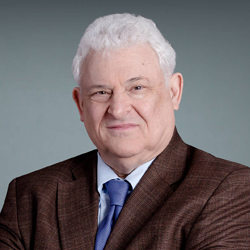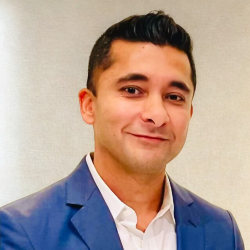In the current pandemic conditions, scientific journals have sped up the time from submission to publication of COVID-19-related research papers, and scientists have uploaded thousands of them to open-access, preprint servers without first going through the normal peer-review process, a top bioethicist warns.
“We face a big peer-review problem,” Arthur Caplan, PhD, professor of bioethics at the New York University (NYU) Grossman School of Medicine, said during the latest installment of a WCG webinar series on challenges to conducting research as normal during the health crisis. “Journals are not doing the same level of peer review they normally do, and new outlets…often are just throwing the papers out there with only minimal review of what’s there.”
Caplan said a group of researchers had found that in the first four months of the pandemic, scientists had published more than 16,000 articles on COVID-19, at least 6,000 of which were on preprint servers.
Part of the problem with this trend, Caplan said, is that the media have “an unending appetite” for dubious news about quick cures. “Bad science moves quickly to the public,” he added. Caplan is also founding director of the Division of Medical Ethics at his institution.
“When people talk about going ‘warp speed’ or [racing to get] there quickly with regard to a COVID-19 vaccine,” they probably don’t realize that it “usually takes many, many years to start from animal studies to get to large Phase III trials that show positive results,” Caplan said. Besides which, “there is no guarantee that we’ll get a vaccine,” he warned. “If we’re lucky, we’ll get one earlier, but it would be extraordinarily lucky to get a vaccine out of the standard way of doing studies earlier than next year.”
Further, “We have to be wary about what we say we’re going to do based on a single study,” Caplan said. “We have to wait for confirmation [of the results]…otherwise you get junk promoted. We need to have access to all raw data. We better spend more money and resources on a better peer-review system overall,” because the system we have is being overwhelmed.
At the same time, the public’s demand for access to unproven interventions has “skyrocketed,” said Alison Bateman-House, MPH, PhD, MA, a research assistant professor in the Division of Medical Ethics at the Grossman School of Medicine, part of NYU Langone Health. “We’re starting to see people asking why [they can’t have access outside clinical trials] to these vaccines” that seem safe based on early tests.
“We’re in a society now where people think the patient should be empowered” to decide he or she wants to take an unproven treatment, Bateman-House cautioned. “A lot of things have changed in the name of ‘this is a pandemic and we don’t have time to wait,’ and the larger question I would ask is what are we getting for all that? Are we getting a lot out of making [exceptions to treat people outside trials] or have we just painted ourselves into a corner [where] we still don’t know what treatments work, we still don’t know what scientific data [are] worth spreading around, and what [might happen if] if we hold a vaccine to a lower bar than we normally do.”
Author: Gary Cramer



